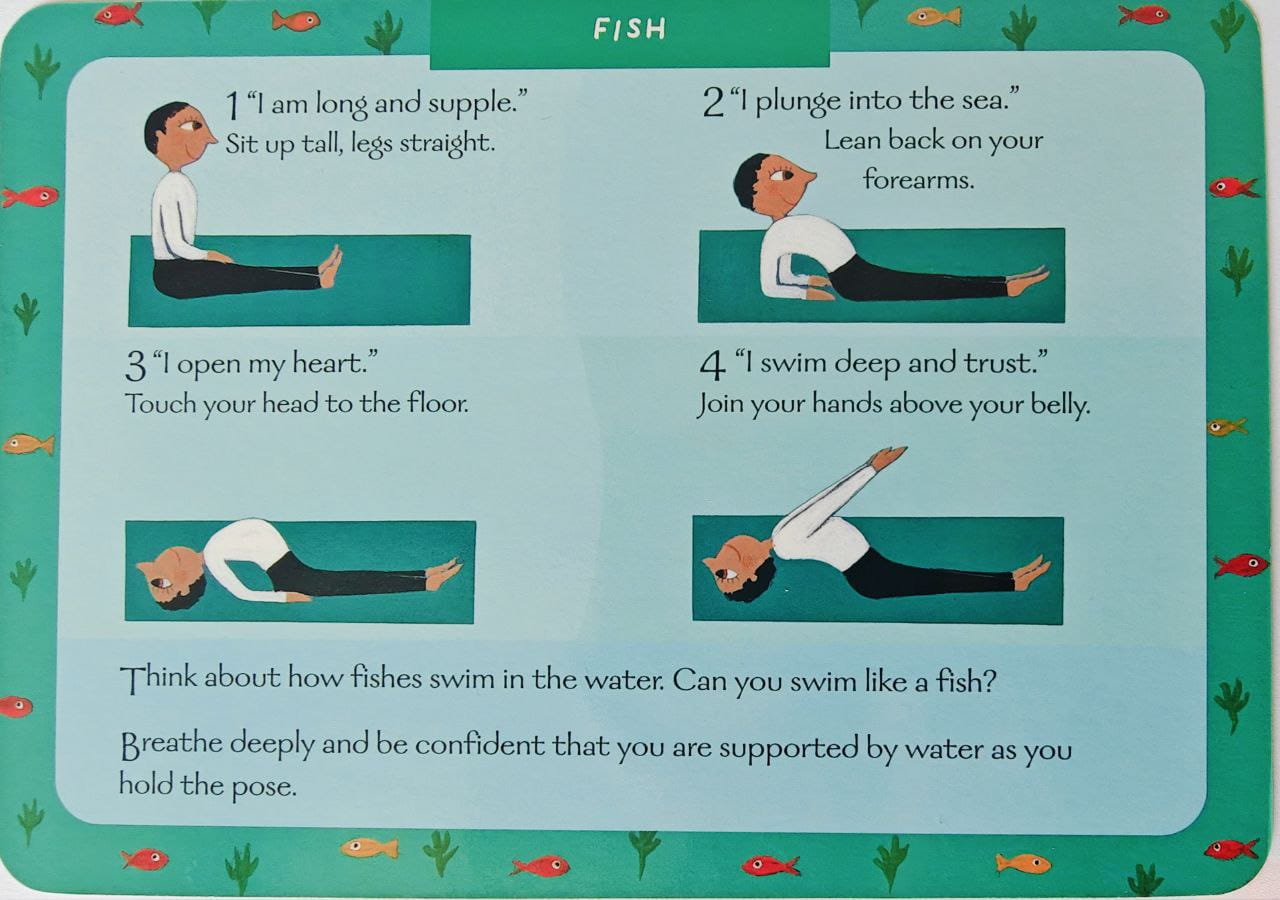Reading Through the Summer
As we approach the summer break, one of the best ways you can continue to support your child's academic development is through encouraging them to read and making shared reading a part of your holiday routine.
As we approach the summer break, one of the best ways you can continue to support your child's academic development is through encouraging them to read and making shared reading a part of your holiday routine. Below is a helpful guide to how to do this.
Supporting Your Child’s Reading At Home
Research shows that reading to a child is the single most important thing you can do to support your child’s education.
Make a Regular Time To Read Together Each Day (5-10 minutes)
Reading the Right Book
-
It’s important that your child reads books that are right level and/or of interest to them.
-
The aim is to give your child lots of successful reading experiences so they will become a happy and confident reader.
Before Your Child Starts Reading Aloud
Getting Stuck at an Unknown Word
-
Ask, “what’s the first sound?”
-
“What parts of the word do you know?”
-
“What would look right and make sense?”
-
If they have used these strategies and can’t figure the word out, then it is okay to tell them the word.
-
Encourage your child to re-read the sentence after they have made the correction. This will help them maintain the meaning which is always the most important part!
Praise Your Child for Their Reading
After Reading - Talk About the Book
Discussing the story is a good way to check that they have understood what they have read. Use questions that encourage them to say more than ‘yes’ or ‘no’.
-
Ask questions about the story. Say something like, “Why do you think the dog was barking?”
-
“What was your favourite part of the story?”
-
“How do you think …(a character in the story) might be feeling?”
-
Ask your child to ask you a question about the story.
Online Reading Sites:
www.getepic.com
www.raz-kids.com






